Agarwala family establishes multi-faith prayer room at Penn State
The new room is dedicated to the study and practice of Hinduism, Jainism, Buddhism and Sikhism.
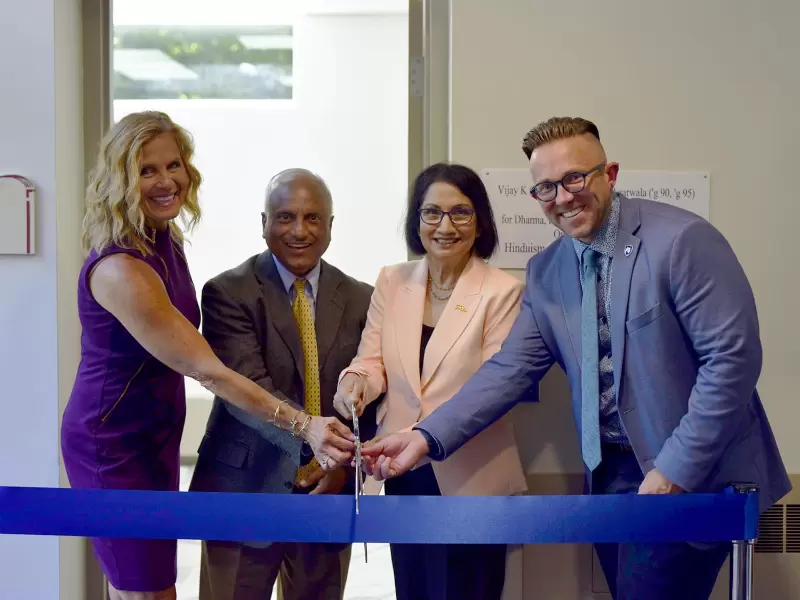 Left to right: Interim Director Stephanie Mullin, Vijay Agarwala, Penn State President Neeli Bendapudi and Associate Vice President Brian Patchcoski cut a ribbon outside the Multi-Faith Reading-Prayer Room. / Credit: Penn State. Creative Commons
Left to right: Interim Director Stephanie Mullin, Vijay Agarwala, Penn State President Neeli Bendapudi and Associate Vice President Brian Patchcoski cut a ribbon outside the Multi-Faith Reading-Prayer Room. / Credit: Penn State. Creative Commons
Penn State has inaugurated a multi-faith reading-prayer room at the Pasquerilla Spiritual Center, funded by Indian-origin alumni and benefactors Vijay Agarwala and Neena Agarwala and their family.
A ribbon-cutting ceremony on Aug. 28 was attended by Penn State community members, alumni, partners and the Agarwala family.
Also Read: $3 billion in giving: Indian Americans’ impact on U.S. higher education
Located within the Center for Spiritual and Ethical Development in the Division of Student Affairs, the new room is dedicated to the study and practice of Hinduism, Jainism, Buddhism and Sikhism. In addition to providing a contemplative space, it is designed to advance interfaith dialogue, ethical learning and collaborative academic research.
“The central thesis for this facility — a reading and prayer room — is that even in the age of AI (artificial intelligence) that is here and upon us, discussion-based learning, with 10 people in-person sitting around a table and having access to a rich collection of scholarly books, can be very effective for ethical and spiritual development,” said Vijay Agarwala, who retired in 2014 as senior director of research computing at Penn State after nearly three decades of service.
He underlined the importance of the space for Penn State’s diverse student body. “Over 5 percent of Penn State undergraduate and graduate students are from Indian origins, many of whom identify with one of these four faiths. Depending on where they grew up, they may or may not have had an opportunity to engage deeply with their own spiritual heritage. This space is a way to reconnect, to learn and to grow.”
The reading-prayer room will feature a curated collection of more than 1,000 scholarly works to support exploration of the four traditions. It is also envisioned as a resource for collaboration with the College of the Liberal Arts, the School of International Affairs and other academic units, fostering faculty and student research on spiritual and ethical development in a global context.
Brian Patchcoski, associate vice president of Student Access, Community and Success, said the initiative reflects Penn State’s values. “We are deeply grateful to Vijay, Neena and their family for their generosity and support in shaping a space that affirms Penn State’s commitment to religious and spiritual diversity,” he said. \
Vijay Agarwala earned his bachelor’s degree in engineering from the Indian Institute of Technology-Indian School of Mines, Dhanbad, before pursuing his masters in engineering and doctoral studies in engineering science at Penn State. He went on to lead research computing initiatives at Penn State and later held senior roles at the New York Genome Center and Virginia Tech.
Neena Agarwala, a Penn State alumna, completed her undergraduate degree in molecular and cell biology and her doctor of medicine degree at the University, followed by a residency in obstetrics and gynecology.
A board-certified gynecologist and urogynecologist, she is fellowship-trained in advanced gynecologic and minimally invasive surgery, and currently practices in New York, specializing in women’s health and pelvic reconstructive surgery.




1749497506.png) Malvika Choudhary
Malvika Choudhary

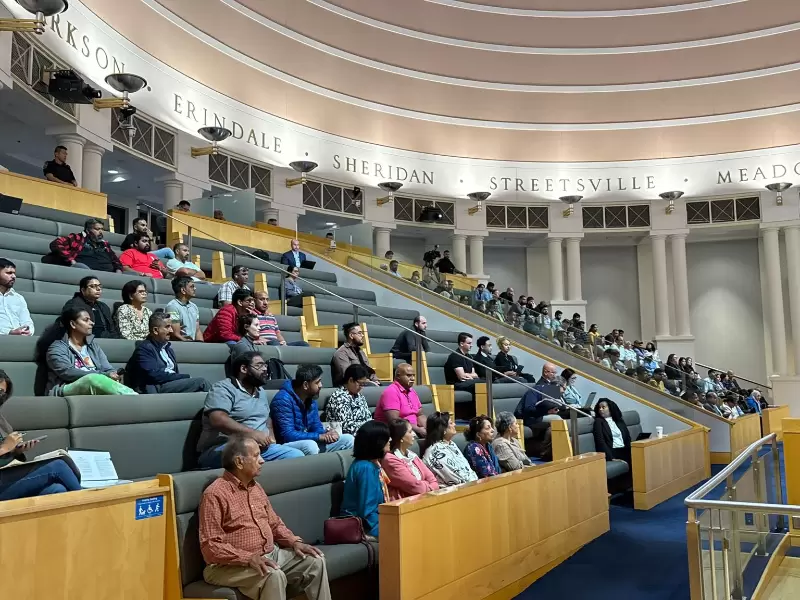

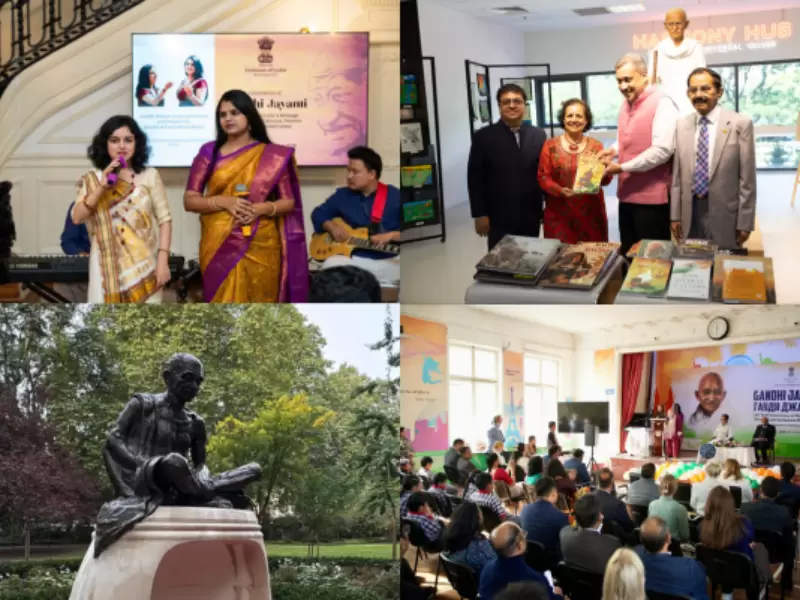
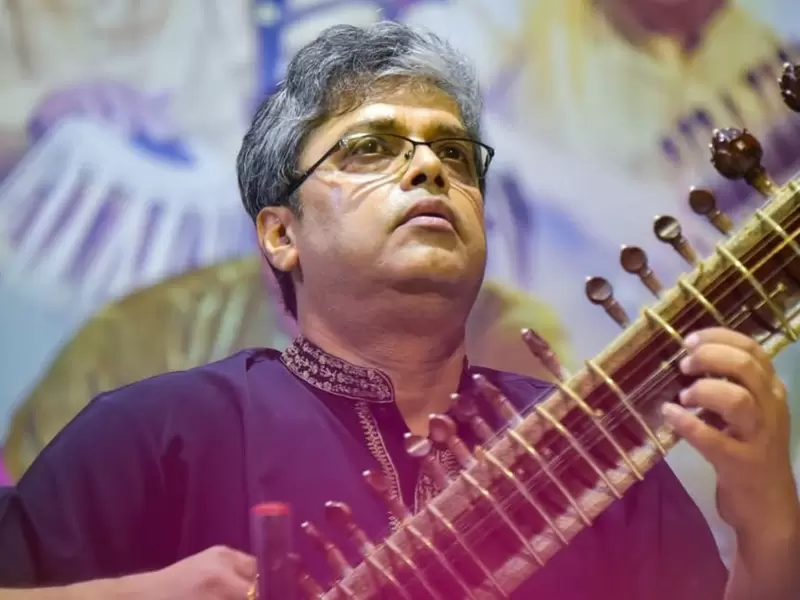

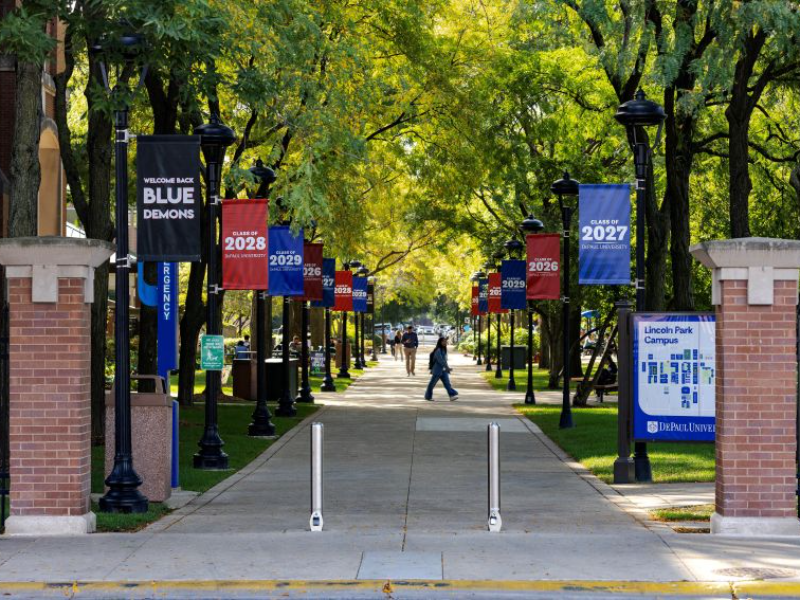








Comments
Start the conversation
Become a member of New India Abroad to start commenting.
Sign Up Now
Already have an account? Login